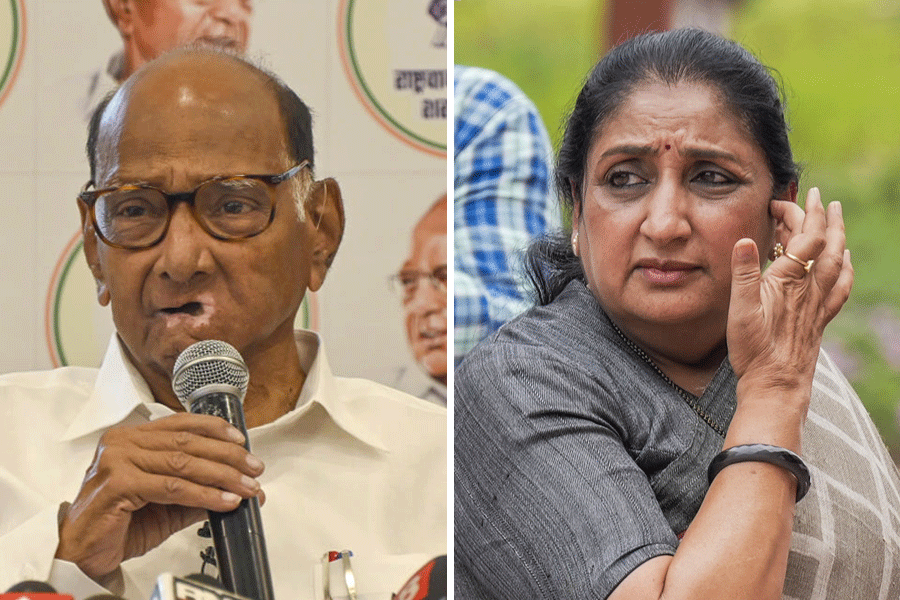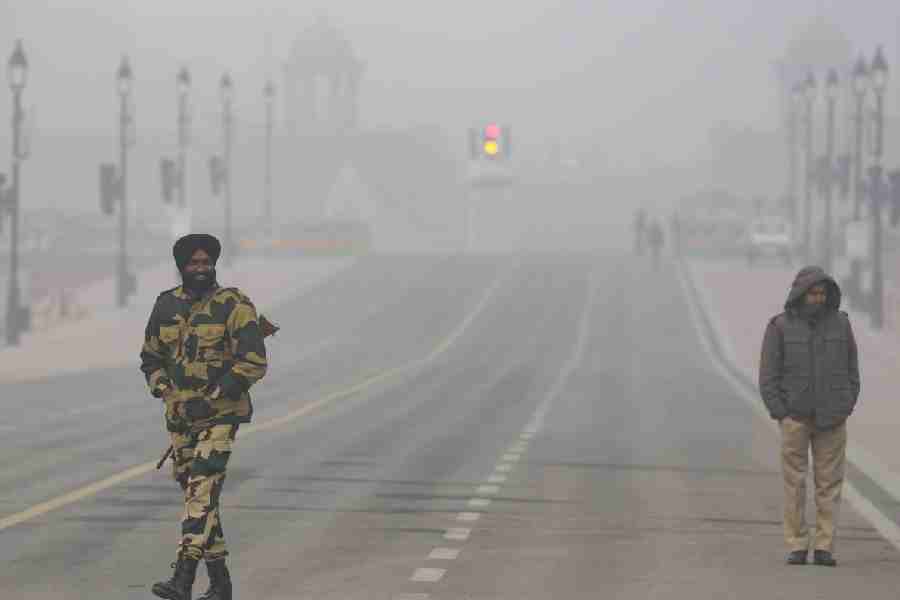Why were Tagore’s contemporaries pushed to the fringes of urban culture in the age of mechanical reproduction of art – this curiosity resurfaced at a soiree organised by Ei Muktadhara at Sisir Mancha (March 22). If changes in audience composition and dearth of quality performers played the key roles, there was also the singers’ inability to explore the old repertoire. Dilip Kumar Roy’s music is beyond one’s grasp although father Dwijendra is more accessible. But even on their home ground, both Sujata Majumdar and Krishna Roy Chowdhury remained overawed by their mentor’s mannerism. Among the notable renditions, Majumdar’s Chandini rate keha asile was rather shy as Roy Chowdhury’s Kena banchita raba charane fell short of spirituality. Actor Soumitra Chattopadhyay read out the script, placing the songs in perspective.
Anshuman Bhowmick
Tholakappiyam, a part of the ancient Sangam age of literature, stands out as the authentic evidence of the literary conventions followed by ancient Tamil poets. Here the subject of the poems deals with either akam (love) or puram (heroism). Inspired by thinais (geographical landscapes), Sujata Ramalingam of Kalashristi put akam poems into a choreography titled Thinai Inai Charam. Each of the states of mind of the heroine was presented through the different thought-provoking expressions of Bharatanatyam. This was followed by Jatiswaram and Shabdam to show the union between the nayak and the nayika. Though most of the dancers did their bits well, the costume of Sanjukta Guha Majumdar as the heroine spoiled the item Oodal (sulking).
Sulagna Mukhopadhyay
While the city was glued to the TV on March 21 to watch cricket for the cause of friendship, Indrani Banerjee raised her voice for the cause of the downtrodden aided by a few songs from Tagore’s immortal dance-drama Chandalika and implored for social justice in the latter half of her solo recital. Tagore’s pen bled tears while portraying the social scenario shackled by injustice and malpractices in the name of religious chastity. After more than hundred years its relevance is like an ugly blot on our shining India. To set the mood, she began with a selection of seven compositions, which, somehow, stressed the bare facts of life. The hard fact is that, though melodious, Indrani could do better with punishing practice. The evening was organised by Arupbeena at Sisir Mancha.
Meena Banerjee










